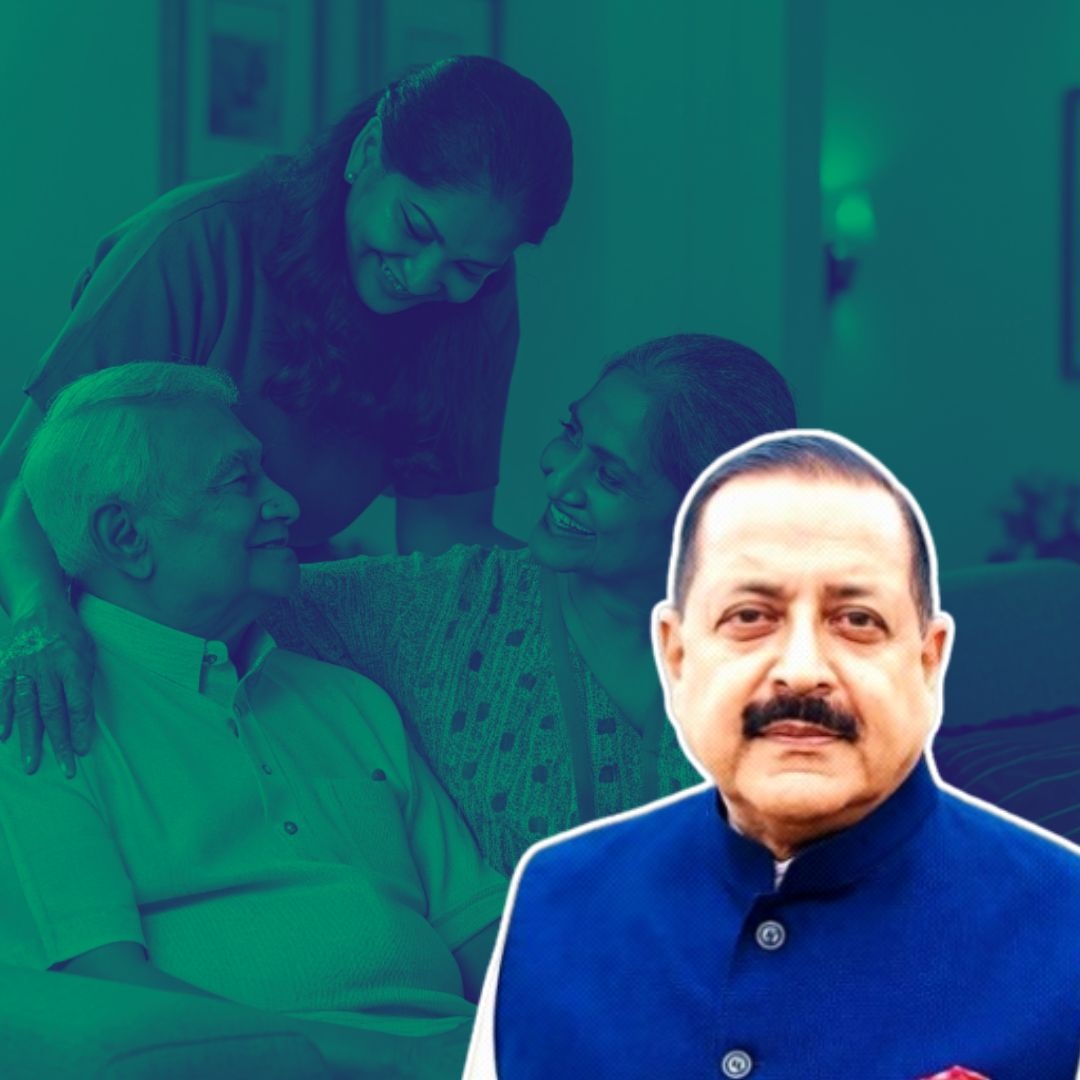
Revised Leave Policies for Central Government Staff Highlight Family-Centric Approach
India’s central government has clarified that employees can use existing leave entitlements for caregiving responsibilities, including elder care, under the Central Civil Services (Leave) Rules, 1972. Union Minister Jitendra Singh addressed this in the Rajya Sabha on July 24, 2025, emphasizing that 30 days of earned leave, 20 days of half-pay leave, and 8 days of casual leave are available for personal reasons. While no dedicated elder care leave category exists, the policy allows flexible utilization of these benefits to address familial obligations. This update responds to growing concerns about balancing professional duties with caregiving needs, particularly as India’s aging population expands. Singh’s statement underscores the government’s commitment to supporting employees’ well-being amid societal shifts toward nuclear families and urban migration, which have reduced traditional caregiving networks.
Existing Leave Frameworks Offer Broad Flexibility for Personal and Family Needs
The Ministry’s clarification highlights that central government employees can repurpose leave types for critical personal scenarios, such as elder care, childcare, or health emergencies. The existing framework includes 2 days of restricted holiday leave and special provisions like maternity, paternity, and child care leaves. These rules apply to most central government employees, though exceptions exist for sectors like Railways and All India Services, which operate under separate frameworks. The flexibility in leave allocation reflects the government’s recognition of evolving family structures and the increasing demand for compassionate workplace policies. Human resources experts argue that such adaptability not only reduces employee stress but also fosters a more empathetic work environment, aligning with broader societal needs.
Demographic Shifts Drive Demand for Work-Life Balance Reforms
India’s demographic landscape is undergoing significant changes, with projections indicating that nearly 20% of the population will be elderly by 2050. This aging trend, coupled with the rise of nuclear families and increased workforce participation, has intensified the need for supportive workplace policies. Employees have increasingly called for leave frameworks that acknowledge caregiving responsibilities, particularly for elderly parents. While the current policy does not create a dedicated elder care leave category, the flexibility to use earned leave for any personal reason addresses some of these challenges. This approach aligns with global trends toward family-friendly workplace policies, ensuring that public sector employees can manage both professional and familial obligations without compromising their careers.
Government’s Strategic Response to Modern Workforce Dynamics
The government’s decision to reaffirm the existing leave framework signals a strategic response to contemporary workforce dynamics. By emphasizing the flexible application of leave entitlements, the policy aims to balance administrative efficiency with employee welfare. This approach avoids the need for new legislative measures while still accommodating the diverse needs of a modern workforce. Critics argue that a dedicated elder care leave category could further enhance support for caregivers, but the current policy provides a pragmatic solution. The focus on adaptability reflects the government’s acknowledgment of the complexities of modern family life, ensuring that employees are not forced to choose between their careers and caregiving duties. This balance is crucial for maintaining productivity and employee morale in the public sector.
Path Forward for Inclusive Workplace Policies in India
The clarification on leave entitlements marks a step toward more inclusive workplace policies in India. While the absence of a dedicated elder care leave category has sparked debate, the emphasis on flexibility underscores the government’s commitment to addressing real-world challenges. As the workforce continues to evolve, both public and private sectors must prioritize policies that reflect the realities of caregiving responsibilities. The Ministry’s approach serves as a model for balancing administrative frameworks with human-centric considerations, fostering a culture of empathy and support. Moving forward, further reforms may be necessary to ensure that all employees, regardless of their caregiving roles, can thrive in their professional and personal lives without compromise.



